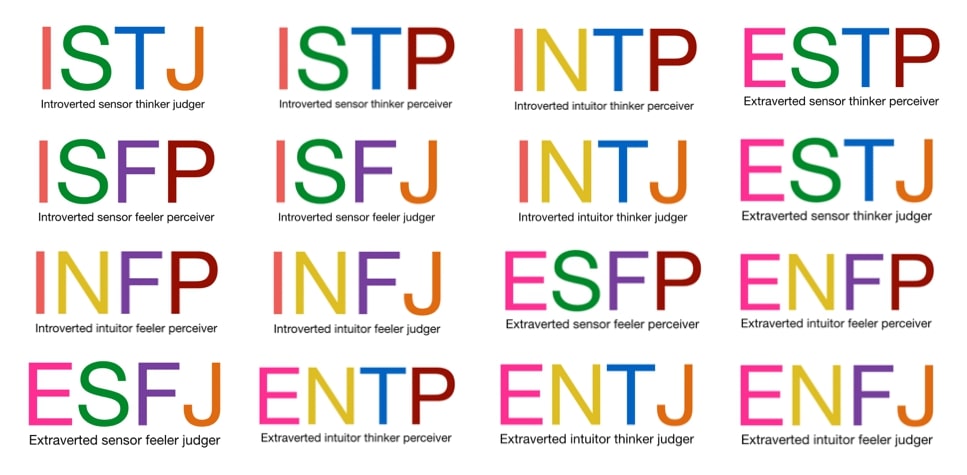
Leveraging your Myers Briggs Type to Elevate Your Life, Career & Leadership Approach
Have you ever wondered why certain team members flourish when they’re publicly praised while others shrink back in embarrassment? Or why some eagerly participate in brainstorming sessions while others, often harboring excellent ideas, consistently remain silent? Perhaps you’ve observed individuals who excel at envisioning innovative futures but falter when it comes to actualizing those visions.
In today’s dynamic corporate environment, grasping both individual personalities and group dynamics is crucial for effective leadership. When I engage with a new client or team, one of my initial inquiries revolves around their knowledge of their individual and team Myers Briggs Type Indicator (MBTI). Among the plethora of assessments utilized by coaches and organizational development consultants, the MBTI stands out as one of my personal favorite due to its profound impact and enlightening nature for the client. Plus, it’s just super fun to interpret for people.
Here are several immediate benefits it offers leaders and teams:
- Self-Awareness: The MBTI serves as a self-reported assessment, facilitating individuals in gaining insights into their own personality types. Understanding one’s strengths, weaknesses, and preferred modes of interaction fosters self-awareness, enabling leaders to adapt their approaches accordingly.
- Leadership Efficacy: Research indicates that individuals possessing heightened self-awareness are more likely to exhibit confidence, creativity, and effectiveness in leadership roles. Armed with knowledge about their own type and those of their team members, leaders can tailor their leadership strategies to optimize team performance.
- Team Dynamics: With its delineation of 16 distinct personality types based on perceptual and decision-making preferences, the MBTI significantly enhances team dynamics. Mutual understanding of each other’s types promotes smoother communication, collaboration, and conflict resolution.
- Conflict resolution: MBTI insights can be instrumental in resolving conflicts and managing interpersonal differences within teams and organizations. By recognizing and respecting the unique perspectives and communication styles of others, individuals can navigate conflicts more effectively and promote a positive work environment.
- Personal growth and relationships: Beyond the workplace, MBTI can contribute to personal growth, self-acceptance, and improved relationships with family members, friends, and romantic partners. Understanding personality differences can lead to more meaningful connections, effective communication, and stronger interpersonal bonds.
If delving deeper into your personality type or taking the MBTI assessment intrigues you, please reach out and I’d be happy to help!
